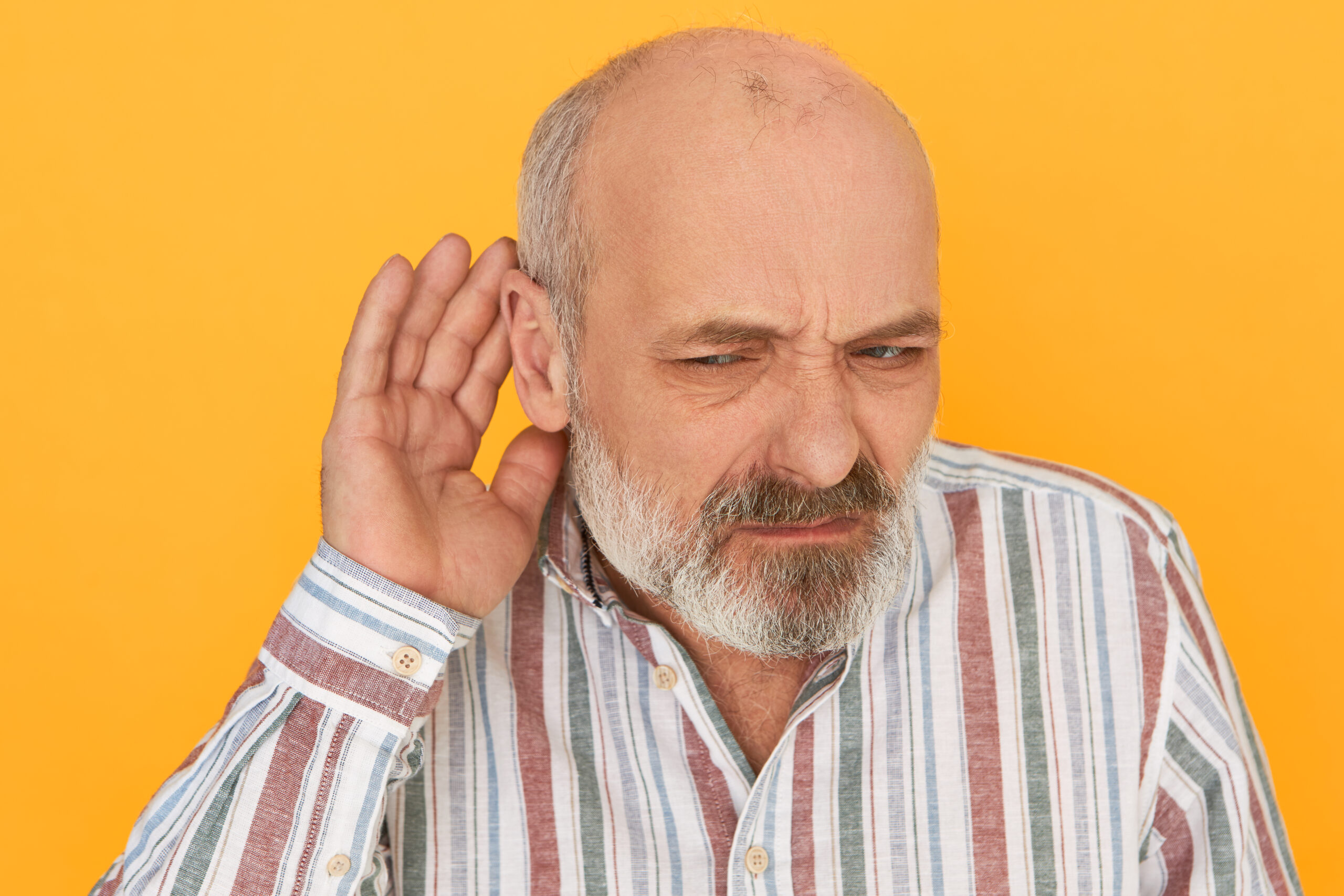Introduction: The Importance of Early Detection
Hearing loss is a prevalent condition that can affect individuals of all ages, from infants to the elderly. Identifying hearing loss early is crucial for timely intervention and effective management. The sooner hearing loss is detected, the better the chances of preserving or improving one’s hearing abilities.
In this blog, we will explore the early signs and symptoms of hearing loss at different stages of life, helping you recognize potential issues and seek appropriate care.
Early Signs of Hearing Loss in Infants and Children
1) Lack of Response to Sound
In infants, a lack of response to sound can be an early indication of hearing loss.
Typically, babies startle or react to sudden loud noises.
They may turn their heads towards the source of sound or exhibit a startle reflex.
If an infant consistently fails to respond to sounds or does not react to familiar voices, it is advisable to consult a pediatrician or an audiologist for further evaluation.
2) Delayed Speech and Language Development
Speech and language development milestones can provide valuable insights into a child’s hearing abilities.
Delays in babbling, speaking their first words, or forming sentences may suggest hearing loss.
Children with hearing loss often have difficulty understanding and imitating speech sounds, leading to delayed language development.
If you notice any significant delays, it is important to consult with a healthcare professional who specializes in pediatric audiology.
Early Signs of Hearing Loss in Adults
1) Difficulty In Understanding Conversations
One of the earliest signs of hearing loss in adults is difficulty understanding conversations, especially in noisy environments.
You may find yourself asking others to repeat themselves frequently or misunderstanding what is being said.
High-pitched sounds, such as women’s and children’s voices or birds chirping, may become particularly challenging to hear.
If you consistently struggle to follow conversations, it is advisable to schedule a hearing evaluation with an audiologist.
2) Withdrawal from Social Activities
Adults with undiagnosed hearing loss may gradually withdraw from social activities.
They may decline invitations to social gatherings, avoid crowded places, or become less engaged in conversations.
This withdrawal can stem from the frustration of straining to hear and the fear of misunderstanding or responding inappropriately.
If you or a loved one exhibits a decreasing interest in social interactions due to difficulties in hearing, it is essential to seek professional advice.
Early Signs of Hearing Loss in Older Adults
1) Increased Volume on Electronic Devices
As we age, changes in hearing abilities are common.
Older adults with hearing loss may compensate by increasing the volume on televisions, radios, or personal electronic devices.
They may also express that others are mumbling or speaking unclearly.
If you notice a persistent need for higher volume settings or if others comment on the loudness of your devices, it may be an indication of hearing loss and necessitate a comprehensive hearing assessment.
2) Feeling Fatigued or Drained After Social Interactions
Another sign of hearing loss in older adults is feeling fatigued or drained after social interactions.
Struggling to hear and understand conversations requires additional concentration and effort, which can be mentally and physically exhausting.
If you consistently feel tired or overwhelmed after socializing, it is essential to address this issue and explore the possibility of deafness.
When to Seek Professional Help?
If you or a loved one experience any of the early signs mentioned above, it is advisable to seek professional help from an ENT specialist.
He will conduct a thorough evaluation, including the ear drum examination and a hearing test, to assess your Listening abilities and identify any potential deafness.
Early intervention can lead to better outcomes and improve your overall quality of life.
Conclusion: Empowering Early Detection
Recognizing the early signs of hearing impairment at any age is crucial for timely intervention and effective management.
Whether it is in infants, children, adults, or older adults, paying attention to subtle changes in hearing abilities can make a significant difference in addressing hearing loss.
By seeking professional help and utilizing appropriate interventions, individuals with hearing loss can regain or enhance their Listening abilities, leading to improved communication, social interactions, and overall well-being.
So, let’s stay vigilant and empower early detection to ensure a world where everyone can fully experience the beautiful sounds of life!
THANK YOU
This blog including information, content, references, and opinions is for informational purposes only.
The Author does not provide any medical advice on this platform.
Viewing, accessing, or reading this blog does not establish any doctor-patient relationship.
The information provided in this blog does not replace the services and opinions of a qualified medical professional who examines you and then prescribes medicines.
And if you have any questions of medical nature, please refer to your doctor or qualified medical personnel for evaluation and management at a clinic/hospital near you.
The content provided in this blog represents the Author’s own interpretation of research articles.
